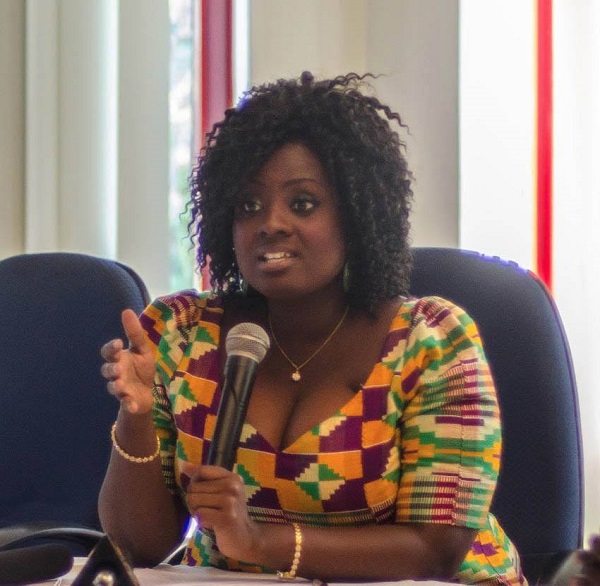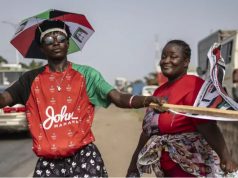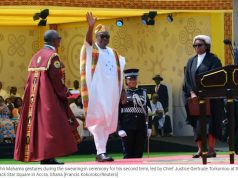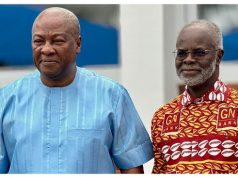Victoria Hamah, a former Deputy Minister for Communications under the erstwhile John Dramani Mahama government, has appealed to her fellow women not to put themselves out for beauty pageant contests.
Miss Victoria, who is, in no doubt, beautiful, smart and intellectually intelligent, strongly believes that women have more important roles to play in society than to be subjected to an entrenched parochial ideology of ‘Miss Ghana’ or ‘Miss this and Miss that’.
Her stance, though, is a slap in the face of showbiz, which has quite a number of beauty pageants such as Miss Ghana, Miss Universe, Miss Malaika, Miss Tourism, Miss Earth, Miss and International Ghana as major ones.
Others include Miss Institution, Miss Pink, Miss Agriculture Ghana, Miss International Africa, Miss Commonwealth and almost all traditional festivals are climaxed with young women competing with one another for a crown.
Others who seconded Miss Victoria’s concerns went on to describe beauty pageant as modern day ‘slavery’.
Victoria Hamah, who once stood to be voted for as a Member of Parliament for Ablekuma South, on the ticket of National Democratic Congress (NDC), is the current Executive Director for Progressive Organisation for Women’s Advancement (POWA).
The POWA Executive Director explained that beauty pageant sexualises, objectifies, isolates, discriminates and demeans women’s pride, due to the criteria of certain body figure, height and probably education level, when a lot of women do not even meet those requirements.
She said, “We can’t continue to perpetrate the very ideas that isolate women from effective processes of engagement, by these same norms and traditions and sub-institutions that perpetuate that.”
Speaking at the launch of book entitled: ‘A gender analysis of political appointments in Ghana since independence’, which is co-published by Friedrich-Ebert-Stiftung (FES) and Institute of Local Government Study (ILGS), in Accra, Miss Victoria said, although Inna Patty, Chief Executive of Exclusive Event Ghana, organiser of Miss Ghana, is a good friend, ideologically, their ideologies on pageantry differ, explaining that beauty pageant isolates women.
According to her, the country got it wrong on the day of independence, when it chose to organise beauty contest for women to mark the celebration.
To her, this totally misplaced and isolated women’s contribution from the independence process, as anytime independence is commemorated, the first Ghana beauty queen is also mentioned, saying, “It is as if that was our relevant contribution towards the independence process. So the men fought and struggled and brought power and we (women) have to go and showcase our beauty.”
This really bothers her as Nkrumahist, as she does not understand why the first President of Ghana would make beauty contest a major feature in the country’s independence celebration, since the idea was an attempt to sexualise and objectify women, because that is what beauty pageant is about.
“That is one problem I have about Nkrumah’s idea about inclusive development because you create a culture trend of where women should be placed in society. We must question that and rewrite our history so that the younger ones who are coming will probably have gender mainstreaming in our educational levels.”
As a gender activist, she appealed for the narrative of the ‘Big Six’ to be changed to the ‘Big 10’, to include women who actively participated in the independence struggle.
Speaking on some revealing findings in the literature that was outscored, she said it was high time the country began to ‘walk the talk’ of closing the gap of gender disparity in the country.
She appealed for change in the country’s education, culture, norms and other existing structures that impede gender equity and equality, as well as protection of citizens’ rights and distribution of economic wealth.








